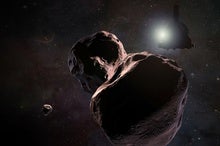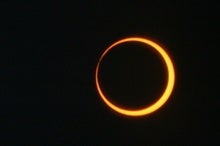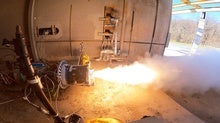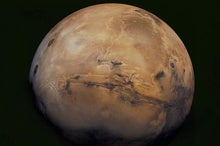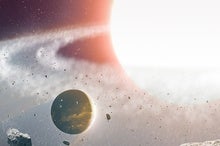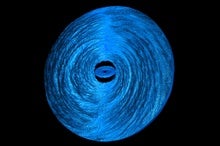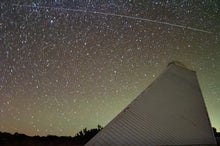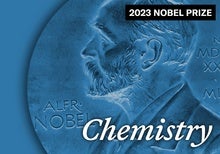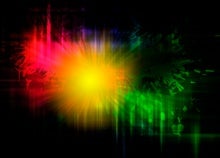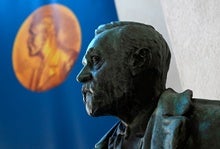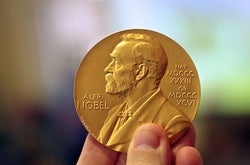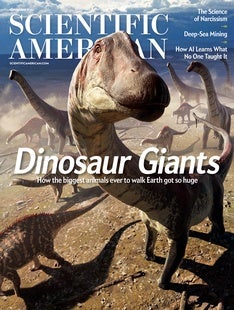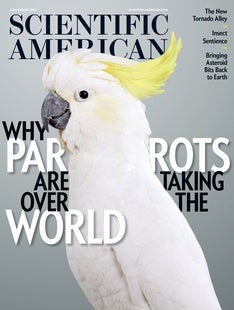 |
| October 05, 2023 |
Our top story this week is, naturally, the Nobel Prize in physics. This year's prize went to a trio of researchers who independently developed ways to study phenomena across attoseconds—spans of time so mind-bogglingly brief that there are about as many of them within a single second as there are seconds within the entire history of the universe. But the Nobels weren't all we covered, of course. Elsewhere we have stories on a new life for NASA's New Horizons mission beyond Pluto, a guide for viewing a "ring of fire" partial solar eclipse on October 14, quirks of quantum optics that could lead to breakthroughs in computing and communications, and much more. Enjoy! |
| |
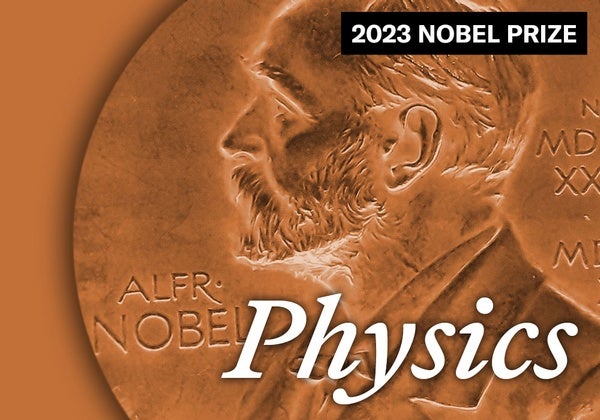 |
| |
| |
| |
| Astrophysics Song of the Stars, Part 3: The Universe in all Senses An astronomy festival in Italy opted to make all of its events and workshops multisensory. They wanted to see whether sound, touch and smell can, like sight, transmit the wonders of the cosmos. |  | By Timmy Broderick,Jason Drakeford,Carin Leong | 10:16 | | | |
| |
| |
| |
| |
| |
| |
| |
| |
| |
| |
| |
| |
FROM THE ARCHIVE
 | | It's Time to Rethink the Nobel Prizes They can go to a maximum of three people, and they can't be awarded posthumously, but that wasn't part of Alfred Nobel's original vision By Brian Keating | October 2017 | | |
LATEST ISSUES
 |
| |
| Questions? Comments?  | |
| Download the Scientific American App |
| |
| |



